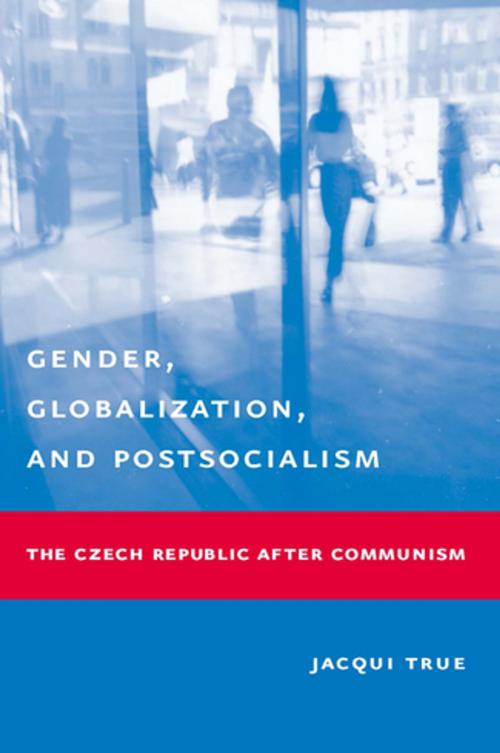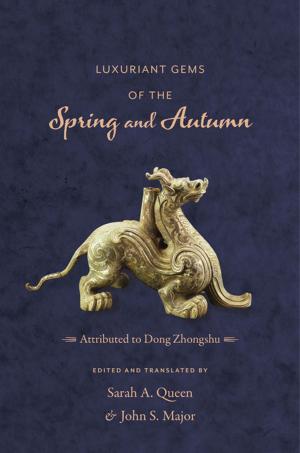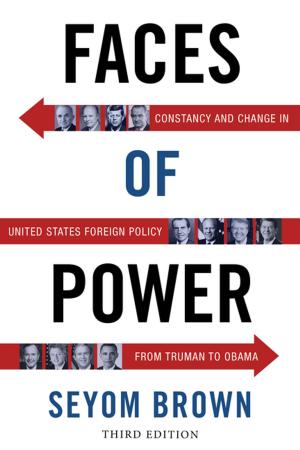Gender, Globalization, and Postsocialism
The Czech Republic After Communism
Nonfiction, Social & Cultural Studies, Political Science, International, International Relations, Social Science, Gender Studies, Women&| Author: | Jacqui True | ISBN: | 9780231501774 |
| Publisher: | Columbia University Press | Publication: | July 2, 2003 |
| Imprint: | Columbia University Press | Language: | English |
| Author: | Jacqui True |
| ISBN: | 9780231501774 |
| Publisher: | Columbia University Press |
| Publication: | July 2, 2003 |
| Imprint: | Columbia University Press |
| Language: | English |
How are changing gender relations shaping and being shaped by post-socialist marketization and liberalization? Do new forms of economic and cultural globalization open spaces for women's empowerment and feminist politics? The rapid social transformations experienced by the people of the Czech Republic in the wake of the collapse of communism in 1989 afford political scientist Jacqui True with an opportunity to answer these questions by examining political and gendered identities in flux. She argues that the privatization of a formerly state economy and the adoption of consumer-oriented market practices were shaped by ideas and attitudes about gender roles.
Though finely tuned to the particular, local traditions that have defined the boundaries of globalization for Czech men and women, Gender, Globalization, and Postsocialism also offers a provocative general thesis about the inextricable linkages between political and economic changes and gender identities.
How are changing gender relations shaping and being shaped by post-socialist marketization and liberalization? Do new forms of economic and cultural globalization open spaces for women's empowerment and feminist politics? The rapid social transformations experienced by the people of the Czech Republic in the wake of the collapse of communism in 1989 afford political scientist Jacqui True with an opportunity to answer these questions by examining political and gendered identities in flux. She argues that the privatization of a formerly state economy and the adoption of consumer-oriented market practices were shaped by ideas and attitudes about gender roles.
Though finely tuned to the particular, local traditions that have defined the boundaries of globalization for Czech men and women, Gender, Globalization, and Postsocialism also offers a provocative general thesis about the inextricable linkages between political and economic changes and gender identities.















